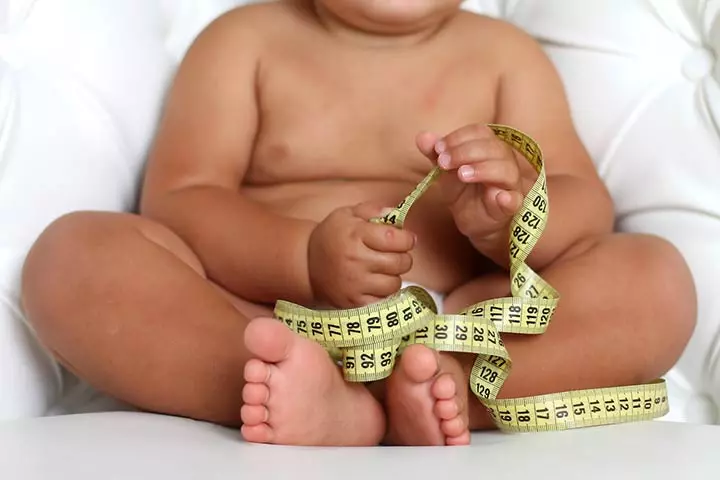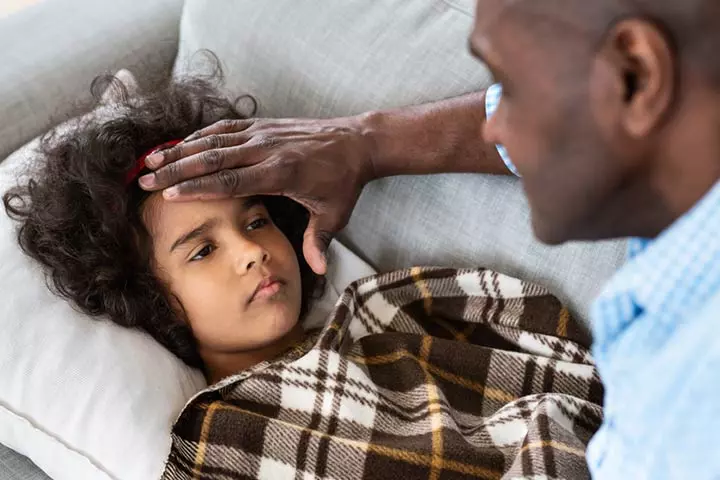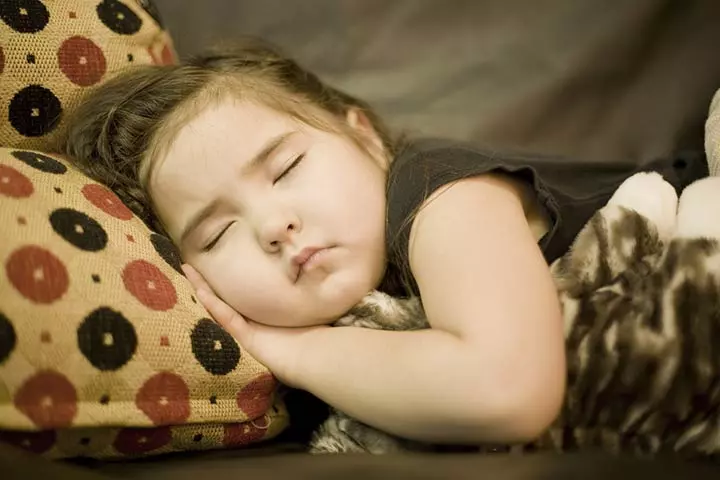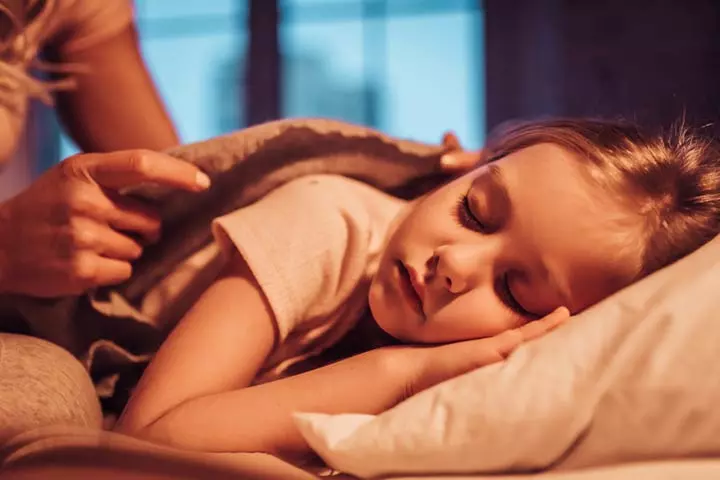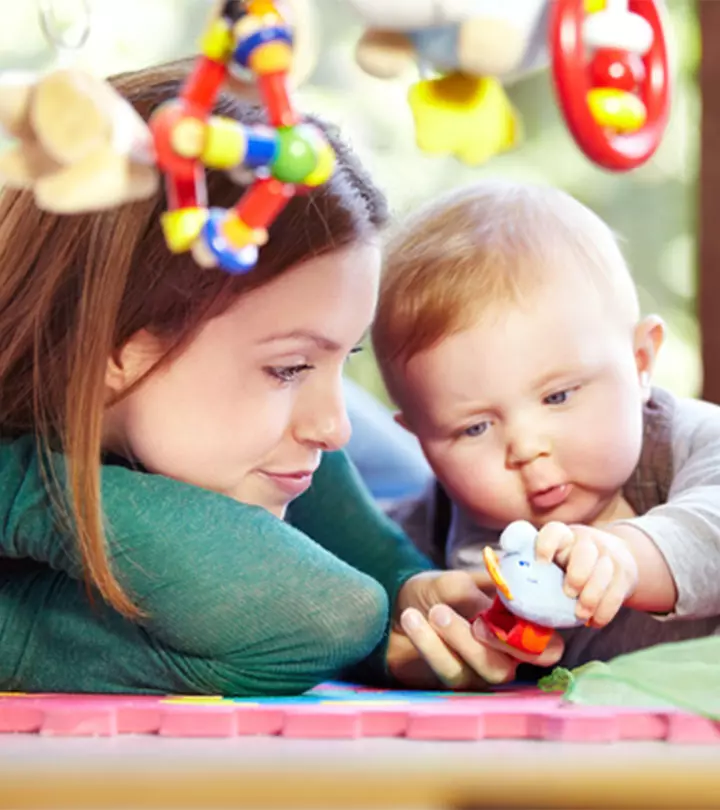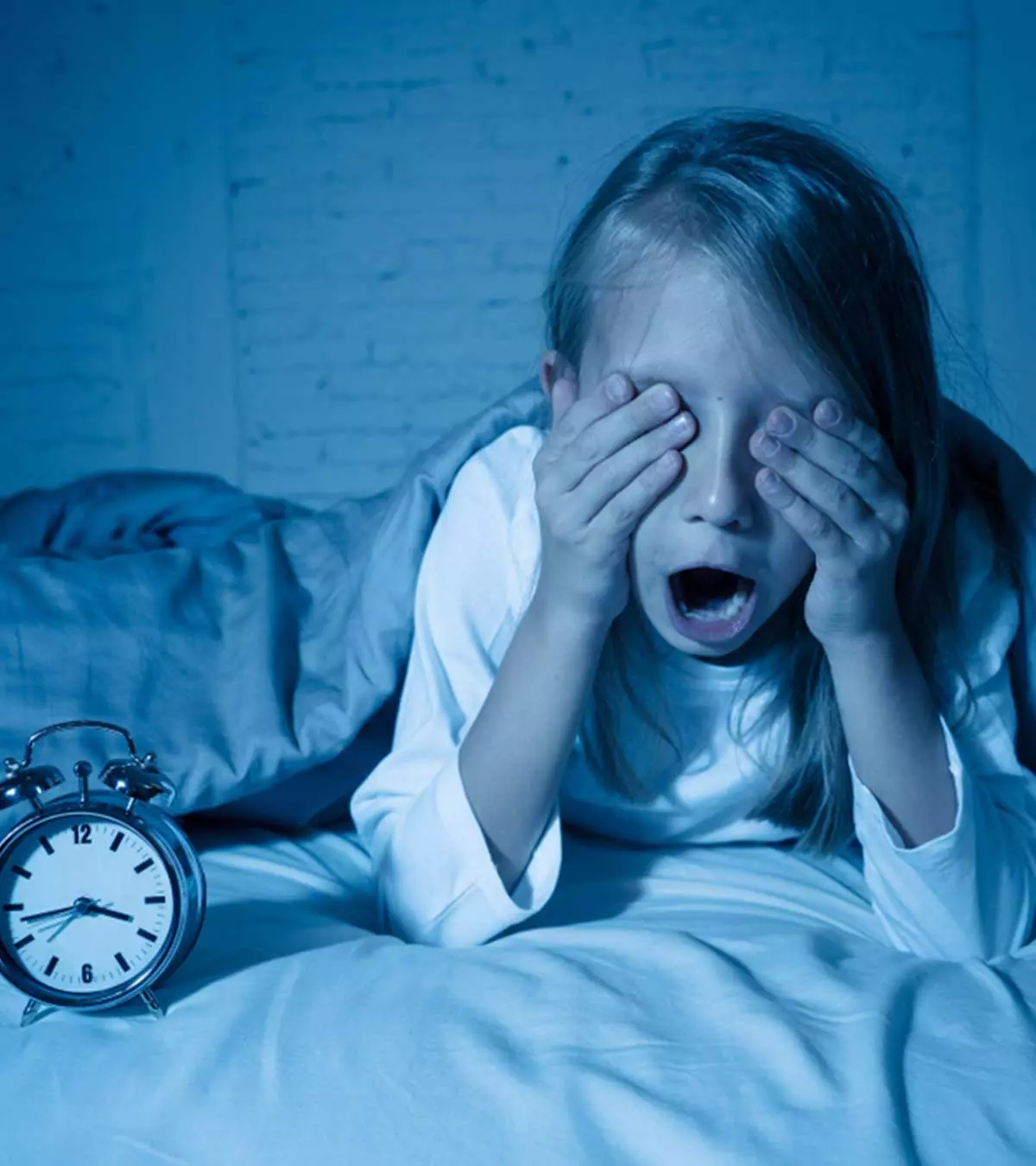

Image: Shutterstock
Insomnia, nightmares, restlessness, lack of concentration — all of this sounds like something an adult would go through, isn’t it? But you’ll be surprised that even children are commonly getting diagnosed with these sleep-related disorders. You may be under the impression that your child is getting enough sleep, but it’s totally possible that the minute you leave the room, your child is probably rolling in bed, unable to sleep. And it’s not like they’re doing this intentionally to bother or disobey you. It’s just that they are actually struggling to fall asleep.

The lack of sleep can have a drastic impact on the health of your child, both physically and mentally (1). The fatigue from lack of sleep will seep into all their activities resulting in a lack of focus and energy in their daily activities. It is crucial for us, as parents, to tackle this problem and help our children get through this. Children, just like adults, require a good amount of sleep, or perhaps even more than we do! So without further ado, let’s talk about sleep and why your child needs to get enough of it.
Why Your Child Needs Sleep
Image: Shutterstock
We know that sleep is a part of our daily life and that the lack of it can make us cranky, restless, and sometimes sick. It’s not only important to get long hours of sleep but also timely regular sleep. This calls for parents to ensure that their children stick to timely sleep schedules and don’t deviate from them. Its commonly observed that deviating from one’s sleep schedule even for a single instance can make it difficult to get back on track. Let’s look at some common issues in children that result from a lack of sleep:
1. Crucial For Growth
Image: Shutterstock
Sleep plays a vital role in your child’s growth, and here’s why — the growth hormones are secreted during deep sleep. The operative word here is “deep” sleep, as this is when growth and development factor in. When sleep is disturbed midway, this secretion process is affected. That’s why it’s not only important to catch the required amount of sleep but also an undisturbed and peaceful one at that. Ensure that your child spends at least fifty percent of their sleep time in deep sleep to ensure adequate growth (2).
2. Impacts Your Child’s Weight
Image: Shutterstock
Evidence suggests that the lack of sleep is linked to unhealthy weight gain in children. Studies have shown that the restriction of sleep increases the chances of snacking through the day, leading to obesity (3). While on one side of the scale is the risk of obesity, the other side effect is lack of appetite and weight loss. Eating disorders can result from sleep deprivation (4). A loss of body weight resulting from sleep deprivation will cause many other related problems. As such it’s important to nip the bud in the early stages itself.
3. The Heart Connection
Image: Shutterstock
During your normal sleep cycle, your blood pressure tends to go down. When you don’t get enough sleep, it means that your blood pressure remains high for a longer time. This holds true for your child too. Sleep is known to protect your child from heart damage, as the lack of it can cause stress, and the release of stress hormones is again linked to heart issues (5).
4. Beating Germs With Sleep
Image: Shutterstock
Have you noticed how, during a cold or flu, you feel incredibly exhausted and sleepy? When asleep, your body produces infection-fighting proteins known as cytokines that push you to rest so your body can heal. The lack of sleep can have an impact on cytokines. So, your child’s ability to prevent or fight infection and disease is compromised (6). Another important reason to take your child’s sleep routine very seriously.
5. Sleep And The Brain
Image: Shutterstock
When children (and adults) are asleep, the brain benefits highly from it. Children who get adequate amounts of sleep enjoy increased attention span, better emotional regulation, enhanced ability to learn and memorize, and even increased happiness.
What You Can Do To Get Them To Bed
Image: Shutterstock
In today’s age of easy digital access, adults, as well as kids, are often engaged with their devices be it tablets, laptops, or mobile phones. In the older days, children could watch cartoons or play games only at specific times. But with the advent of internet platforms like Youtube, Netflix, and video games, there is a non-stop flow of programs and games for children to delve in. This is one of the main reasons that has made kids push their sleeping hours and stray from their sleeping schedules. If your child has the habit of pushing bedtime for later, try to avoid it. They must get to bed early, and here’s what you can do to help:
- Consistency is key, so make sure you create a routine and stick to it. If your child has to go to bed by nine at night, do not compromise on this.
- Create the right environment for sleep. If your child has a room of their own, get them to keep the toys away before bedtime. Get a night lamp for your child if they are afraid of the dark. Make sure the room is cool, dry, and cozy.
- Limit screen time, particularly before bedtime. Take away the phones or tablets at least two hours before it’s time for your child to fall asleep.
- Incorporate a good amount of physical activity, as this isn’t just good for overall health; it can also tire your child enough to get to bed.
- Talk to your child. Try to figure out if your child is having trouble falling or staying asleep. If your child is still a baby that can’t communicate, try to watch out for disrupted sleep patterns.
- Limit your child’s caffeine intake and avoid heavy meals at night, as it can negatively affect sleep.
It takes time and patience to work through your child’s sleep problems, but it is important to do so. Children who get a good amount of sleep enjoy better health benefits, both physical and mental, so it’s totally worth the effort! Has your little one been struggling with sleep? Are you doing something about it? Let us know in the comments below!
References
- The Children’s Report of Sleep Patterns: Validity and Reliability of the Sleep Hygiene Index and Sleep Disturbances Scale in Adolescents
https://www.ncbi.nlm.nih.gov/pmc/articles/PMC4261021/ - Infant sleep and its relation with cognition and growth: a narrative review
https://www.ncbi.nlm.nih.gov/pmc/articles/PMC5440010/ - Is sleep deprivation a contributor to obesity in children?
https://pubmed.ncbi.nlm.nih.gov/26576804/ - Early childhood sleep and eating problems as predictors of adolescent and adult mood and anxiety disorders
https://pubmed.ncbi.nlm.nih.gov/16844230/ - How Does Sleep Affect Your Heart Health?
https://www.cdc.gov/bloodpressure/sleep.htm - Sleep And Cytokines
https://www.ncbi.nlm.nih.gov/pmc/articles/PMC2605347/
Community Experiences
Join the conversation and become a part of our nurturing community! Share your stories, experiences, and insights to connect with fellow parents.



